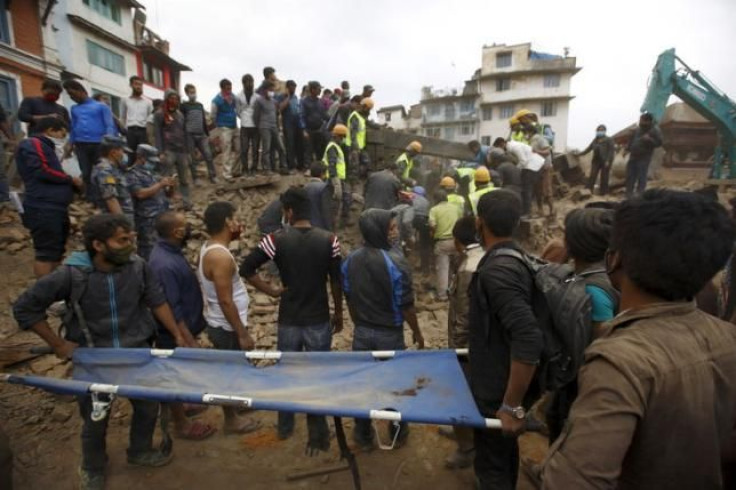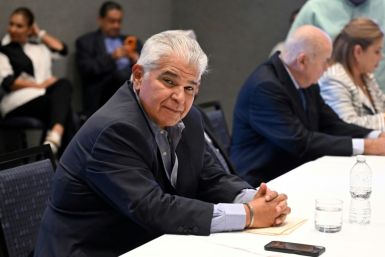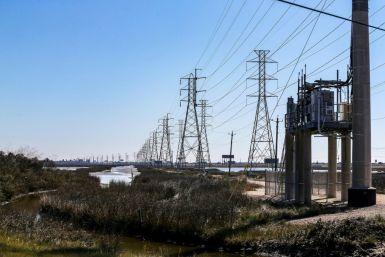New Zealand Engineers Headed To Nepal To Assess Quake Damage And Offer Expertise In Retrofitting

An engineering team from New Zealand has left for Nepal to assess the damage caused by the April 25 earthquake, according to Foreign Minister Murray McCully. The Nepal earthquake on April 25 had killed more than 8000 peole and rendered thousands of citizens homeless. The Foreign minister said on Monday that deployment of engineers followed a request from Nepal. Immediately after the earthquake, New Zealand had offered to send a search and rescue team, which was accepted initially, but declined at the last minute.
Valuable Expertise
Xinhua quoted the Foreign Minister of New Zealand, "the Nepalese government requested assistance from New Zealand experts with damage assessments of critical public infrastructure, including government buildings and hospitals." McCully said four New Zealand engineers, with considerable experience in earthquake strengthening volunteered their time and are en route to Nepal. This group of engineers will be in Kathmandu and undertake damage assessments, besides helping to decide whether a larger team of engineers is required, McCully added. The Foreign Minister said the later deployment would be for three months and focus mainly on stabilisation and retro-fitting of damaged buildings.
Financial Assistance
Already the New Zealand government has provided NZ $2 million in financial assistance to Nepal, following the tragedy. New Zealand Herald also added that the four New Zealand engineers have considerable experience in earthquake strengthening and their service will be valuable for Nepal.
Radio NZ reported that the New Zealand Red Cross has raised more than NZ $1 million from the public, in which more than $500,000 was donated through Givealittle as a most generous response to an international disaster. To assist Nepal, the United Nations sent out an appeal to raise US$415 million in emergency funds from the member states.
Prior to sending the group of engineers to Kathmandu, New Zealand Government had also offered its support through an Urban Search and Rescue team to Kathmandu. They were ready to reach Nepal, two days after the earthquake struck. However, at the last minute, the USR team's departure was called off as the Nepalese Government informed that it got enough USAR expertise within the country. Nepal also refused entry to three British military helicopters, after citing of concerns of possible damage to buildings if the helicopters tried to land. The Chinook helicopters from the U.K had arrived in New Delhi with preparations to assist Nepal in its rescue efforts.
(For feedback/comments, contact the writer at k.kumar@ibtimes.com.au)






